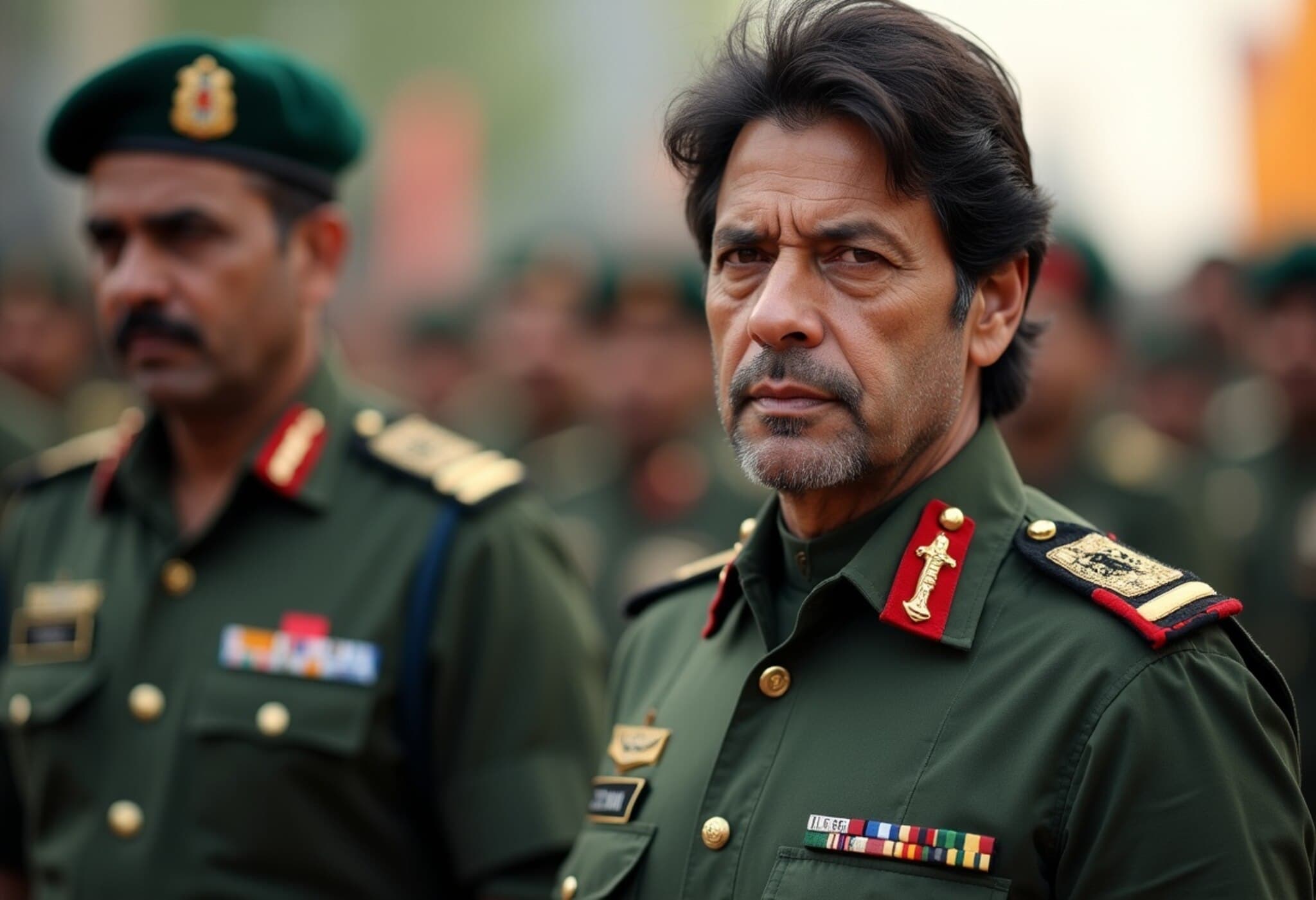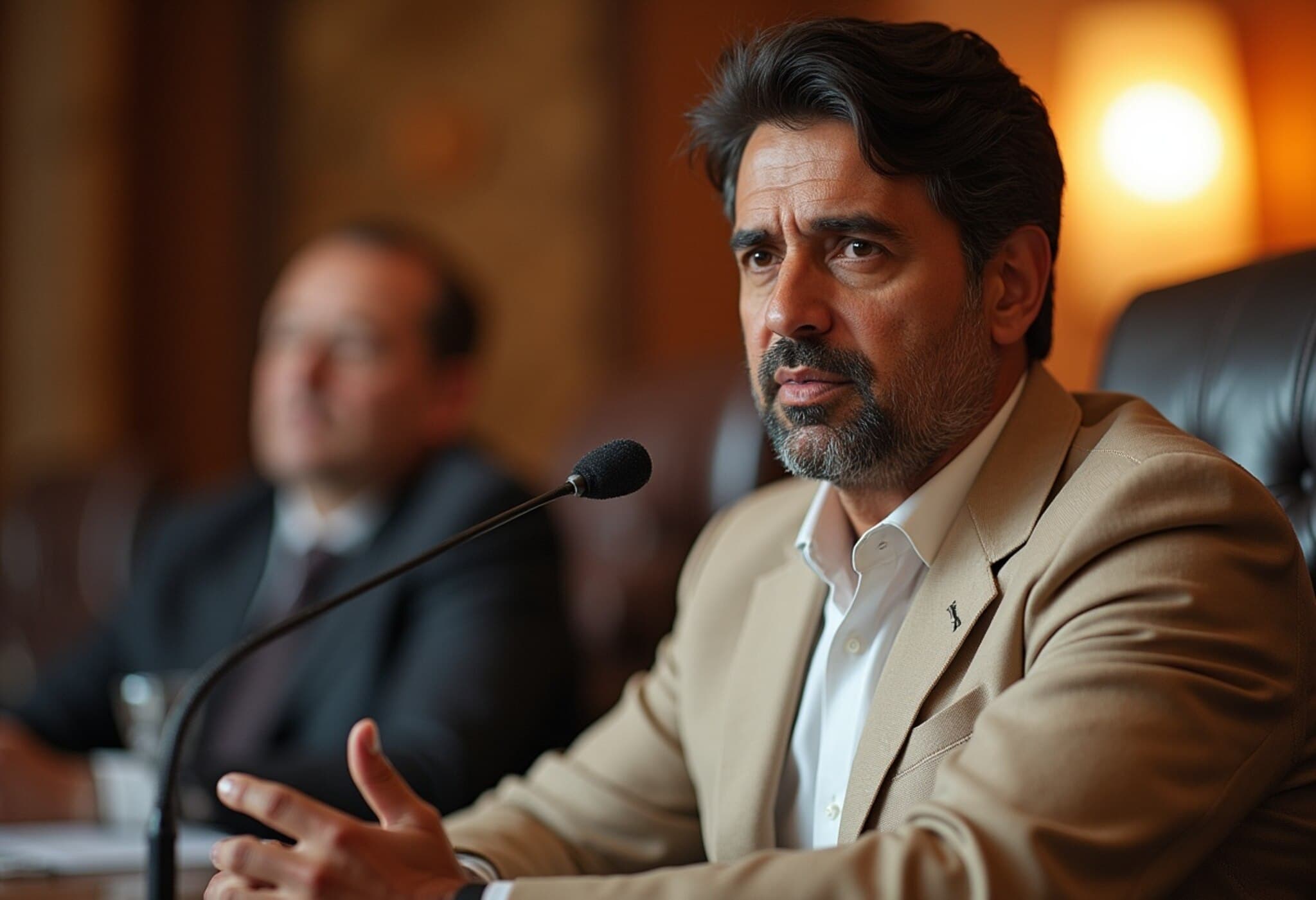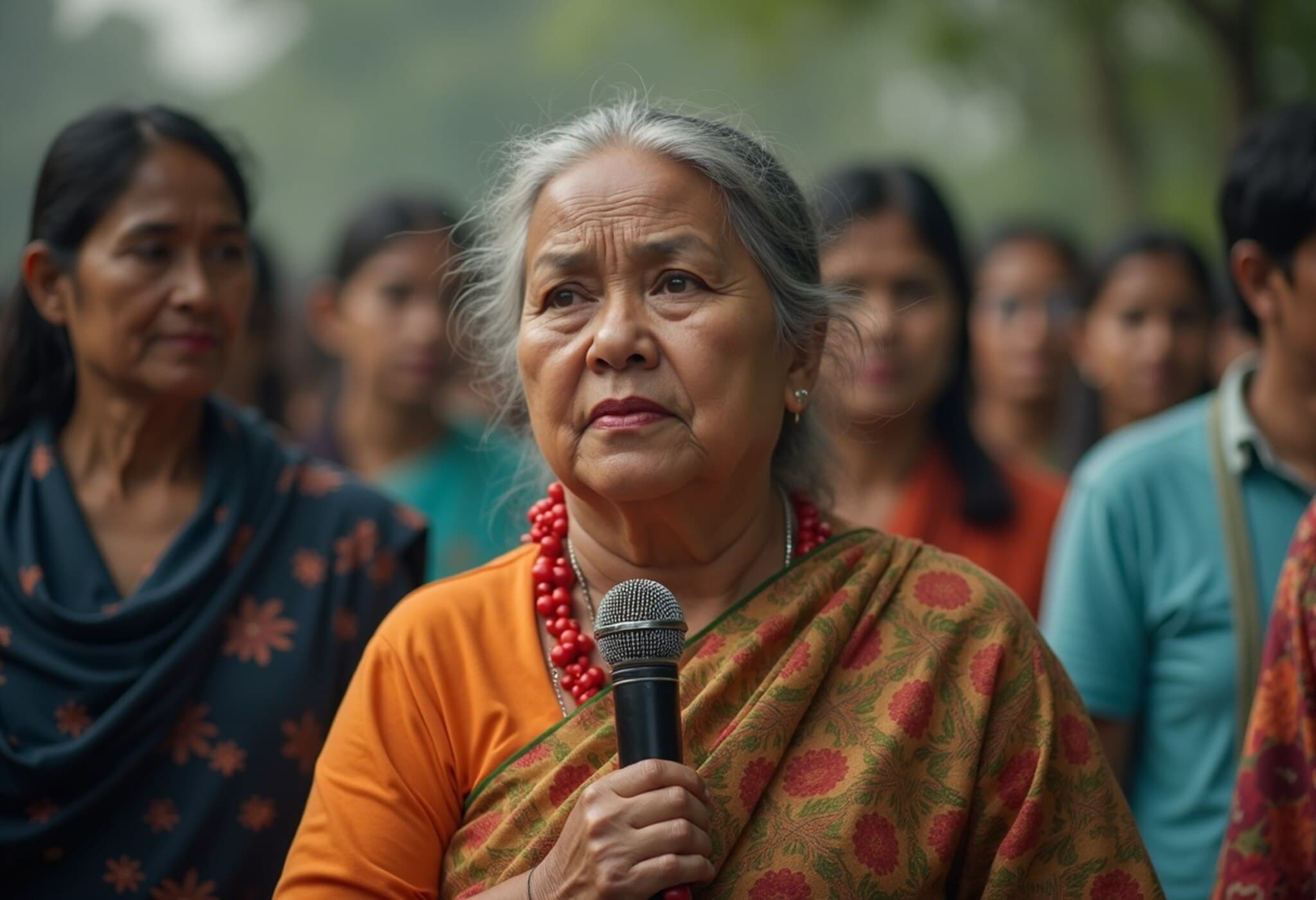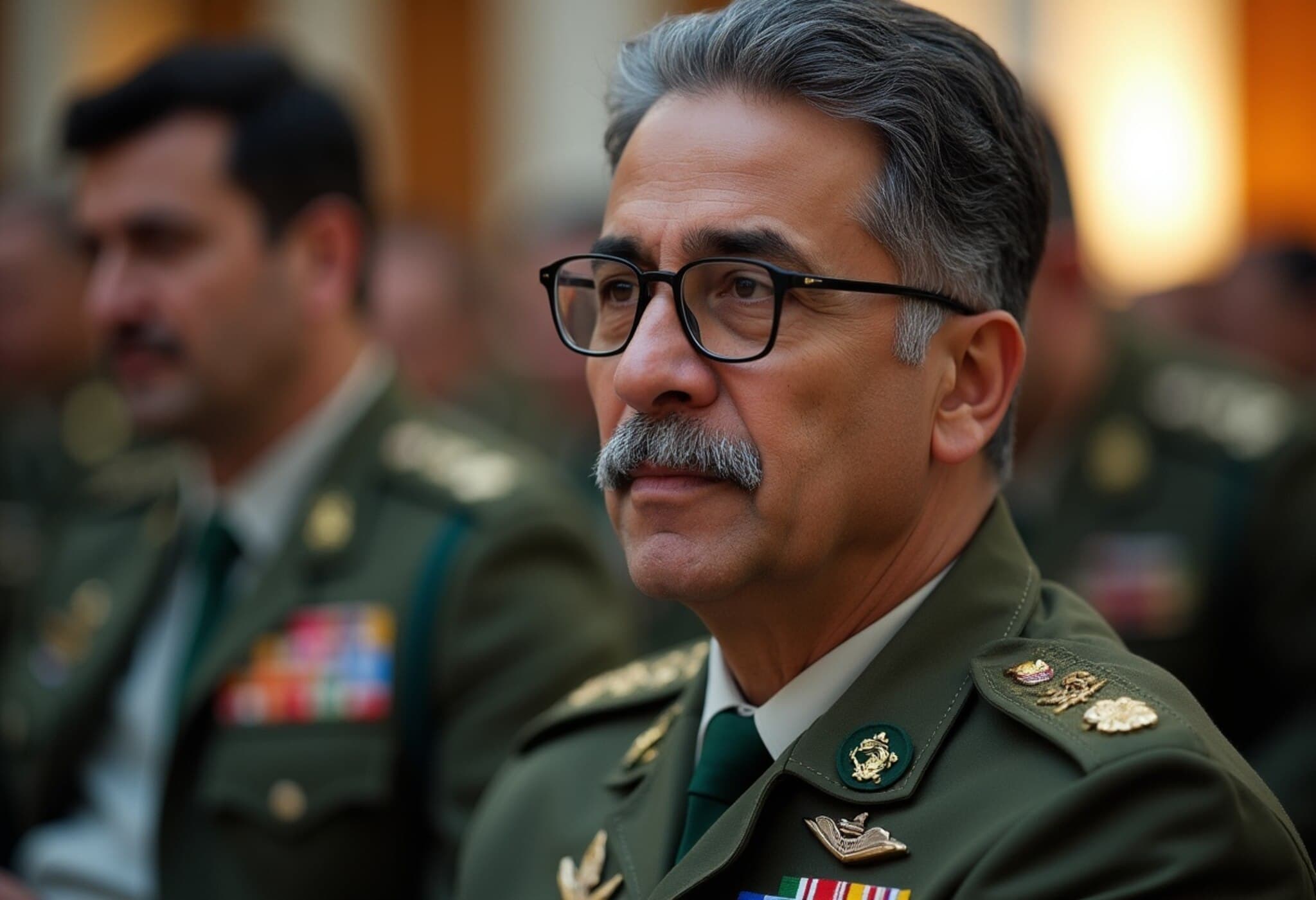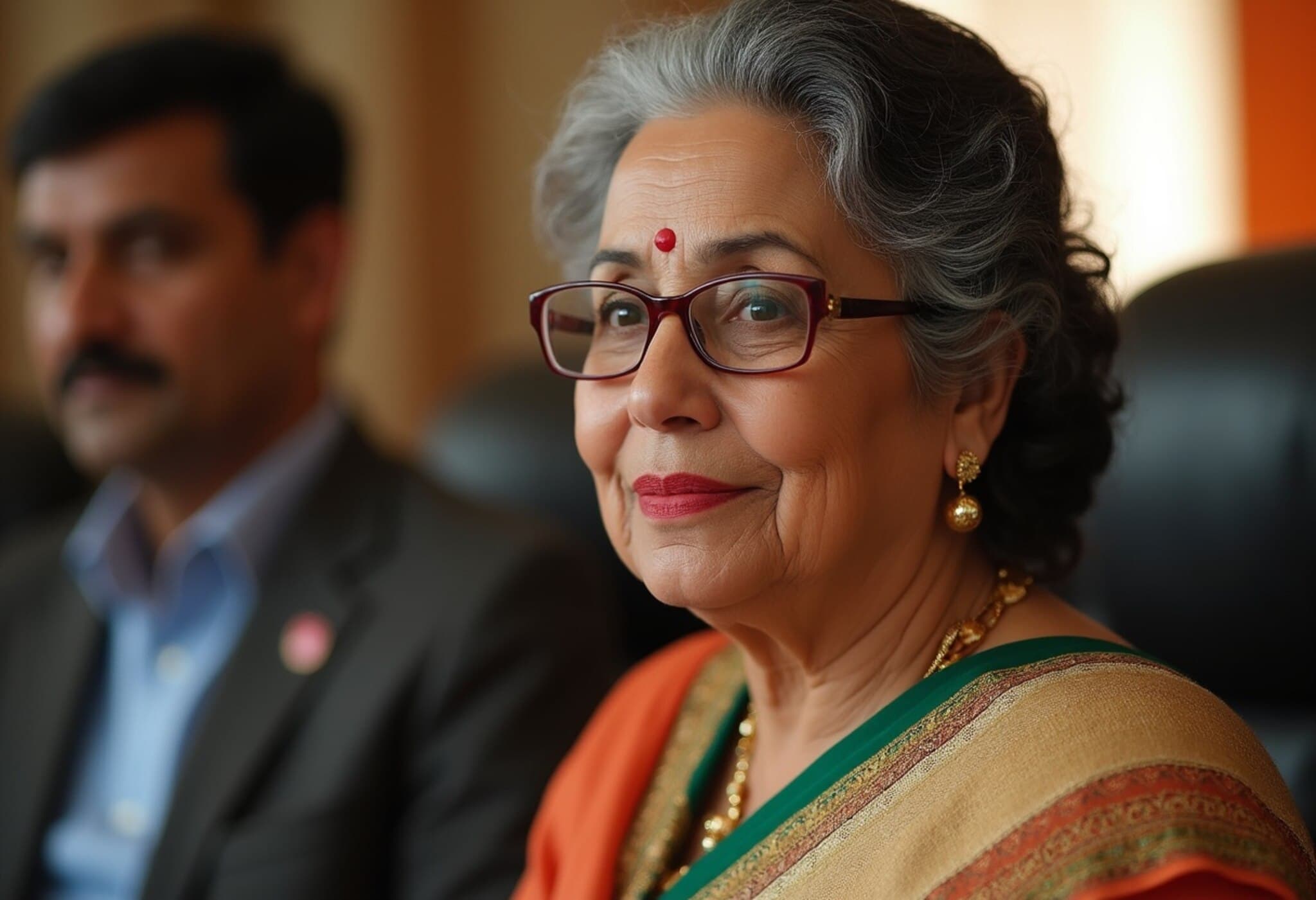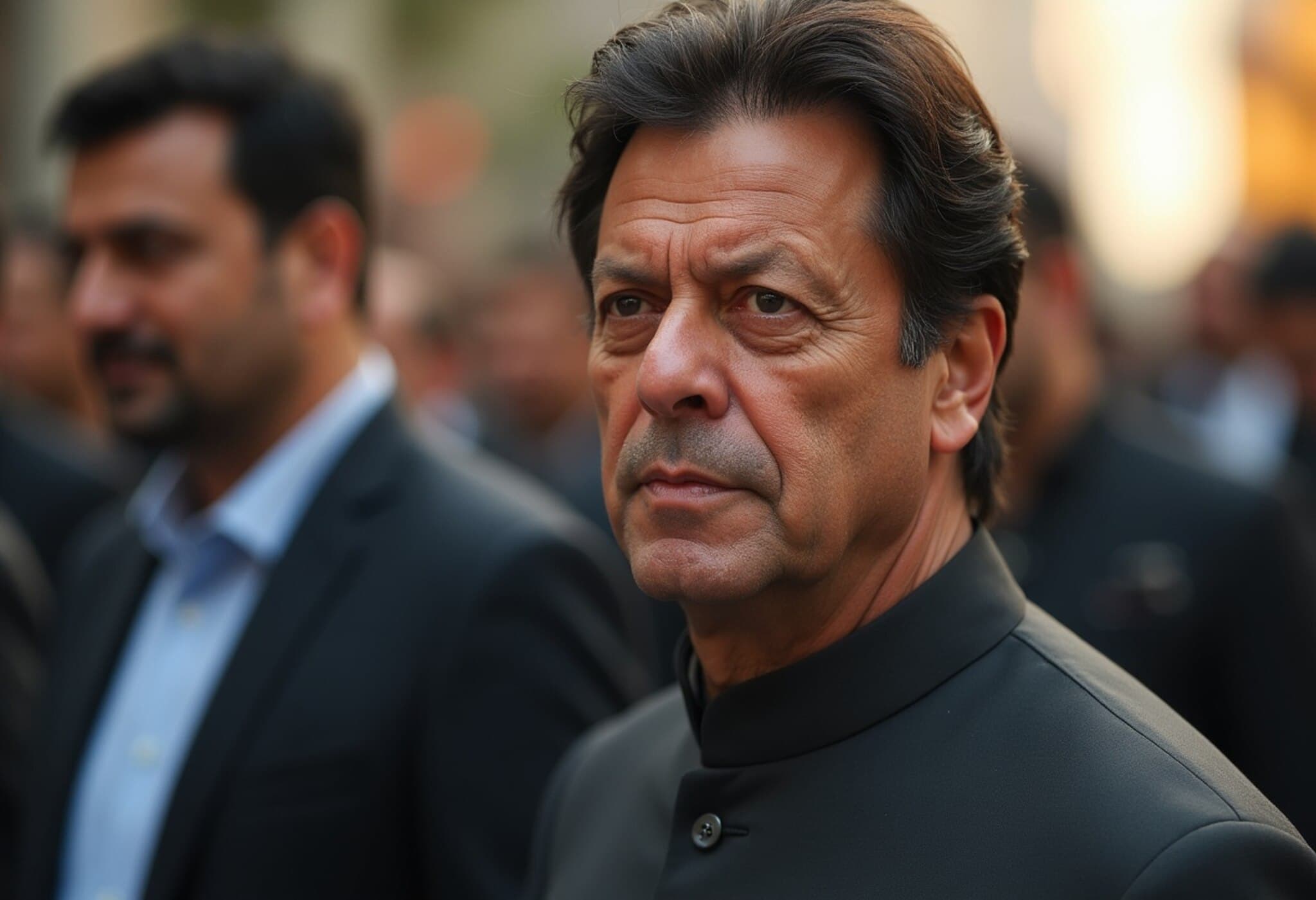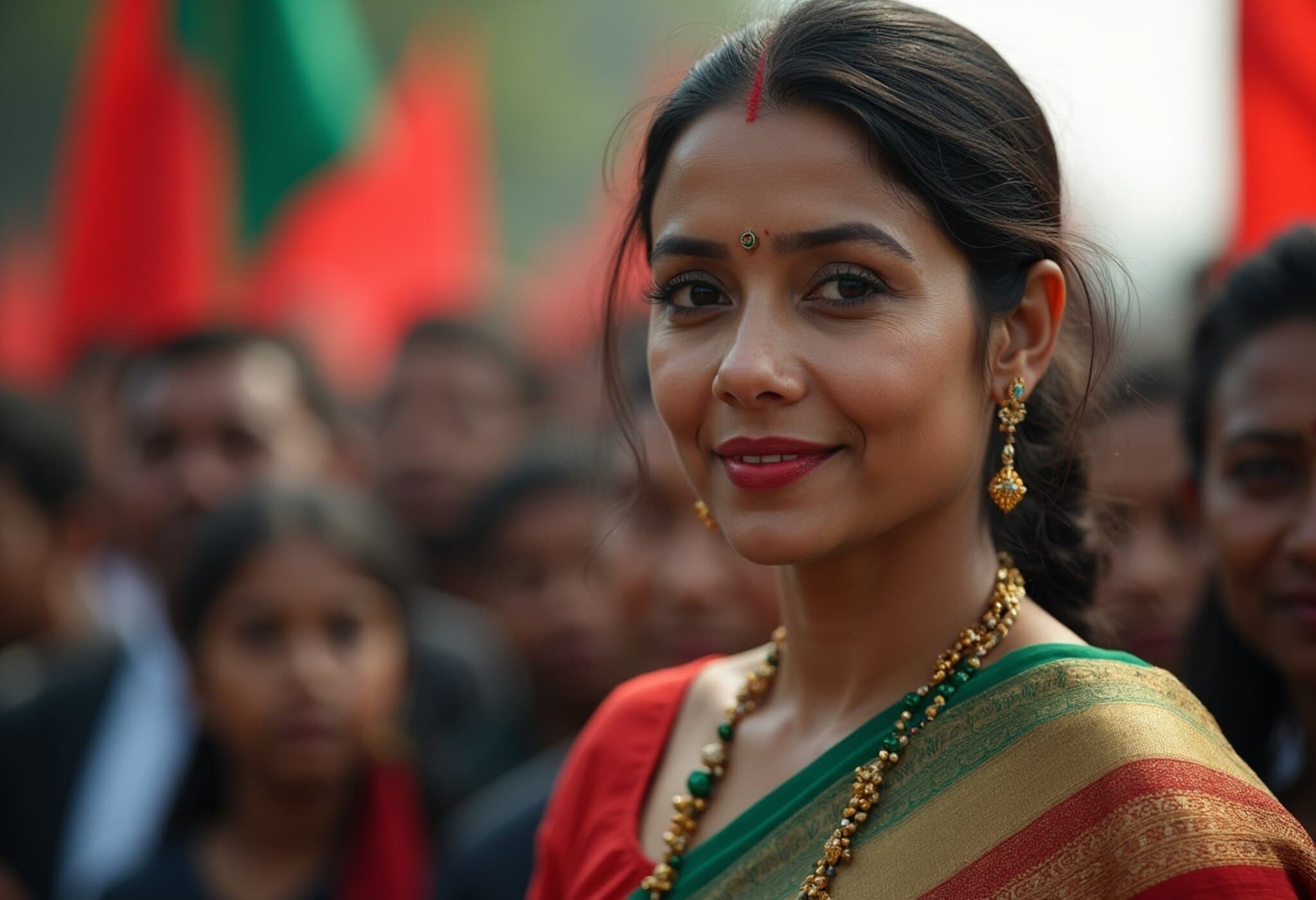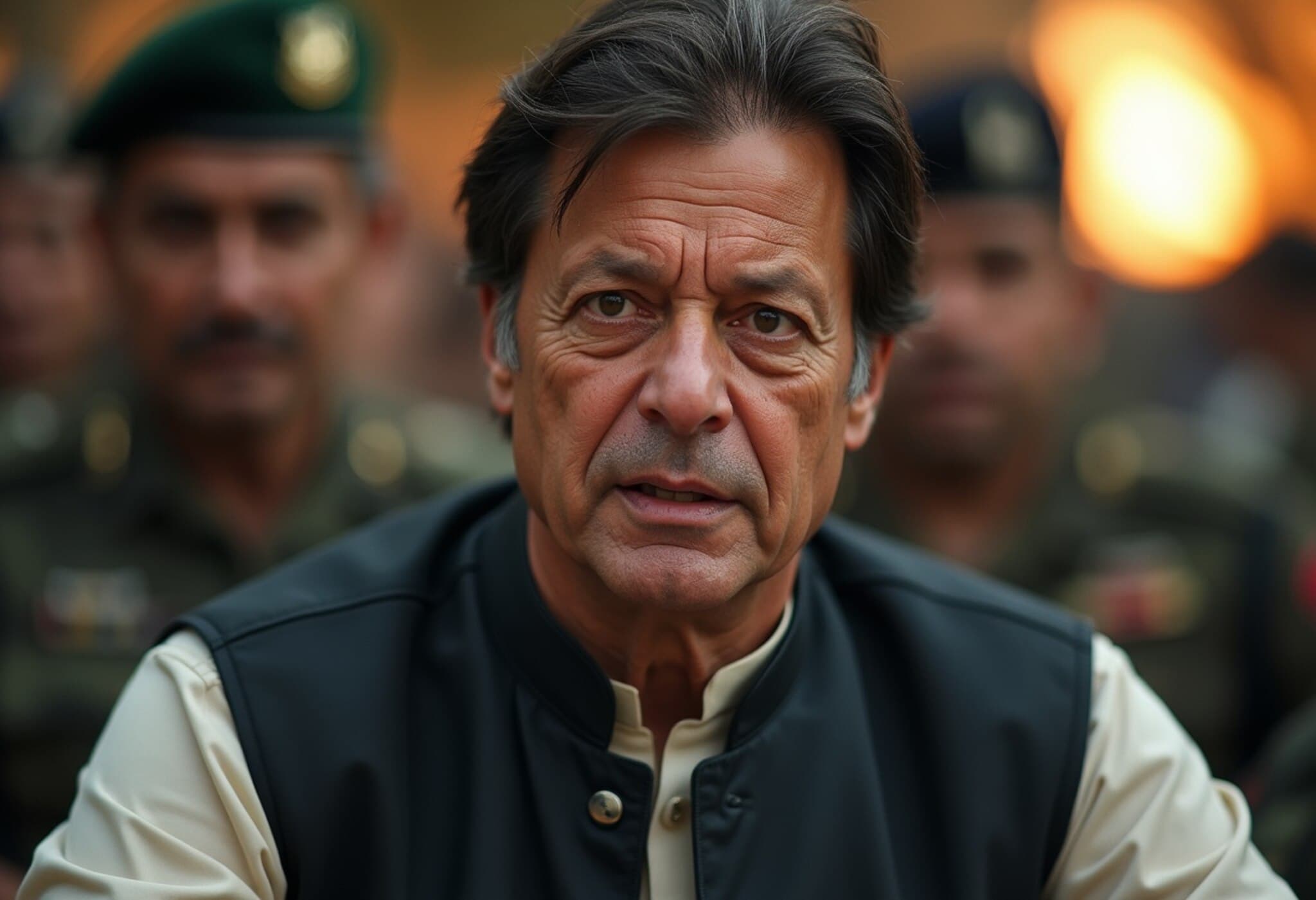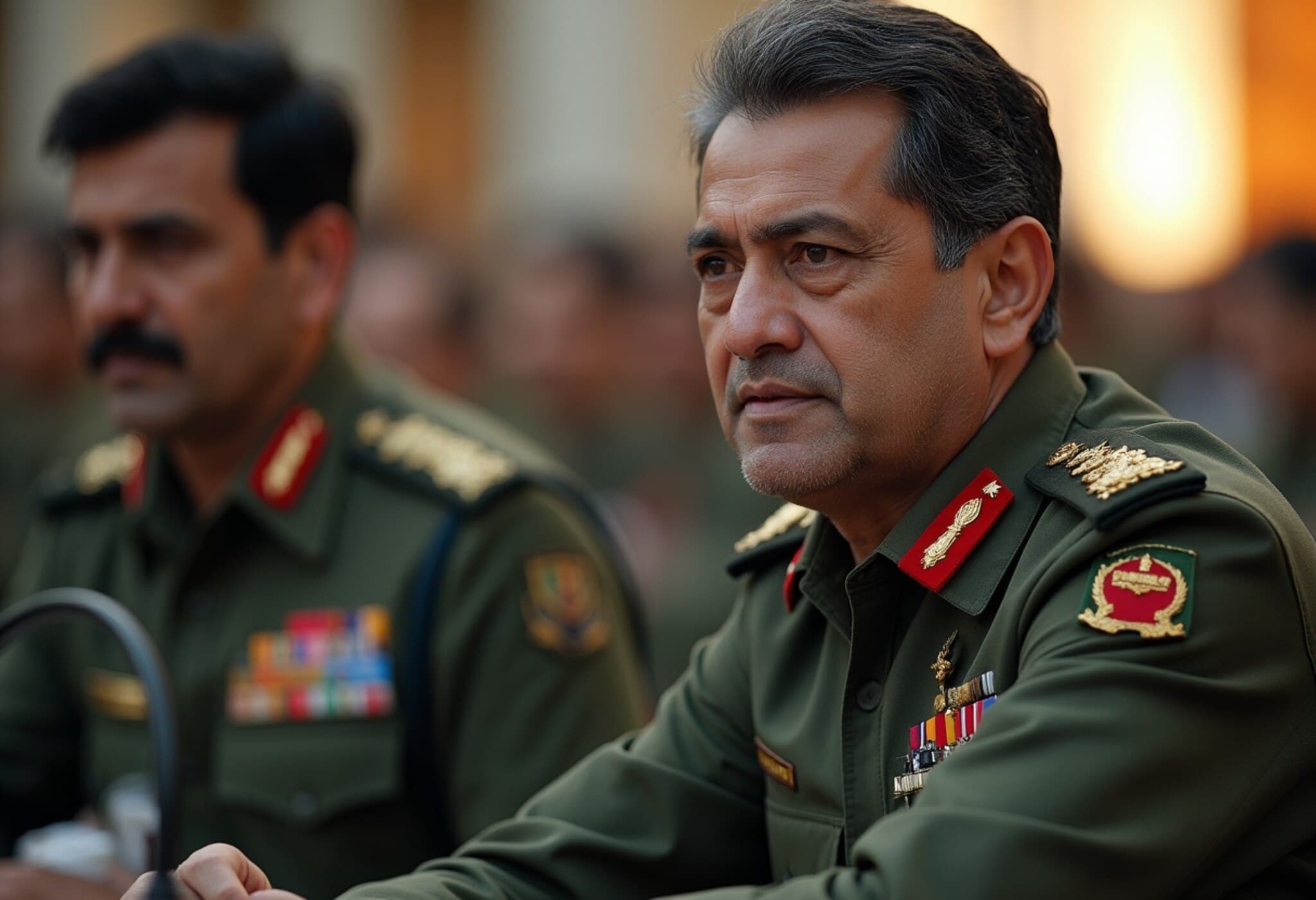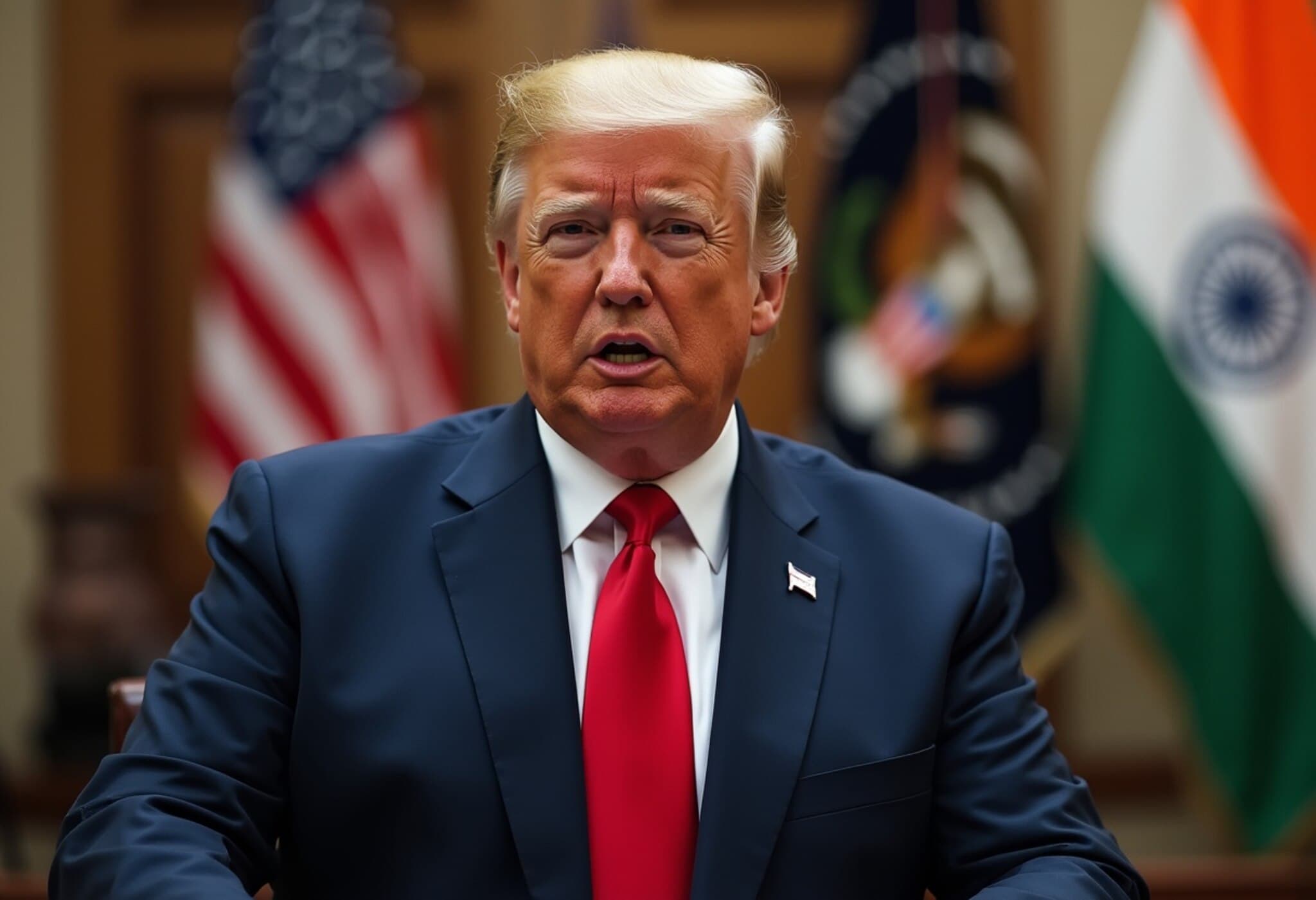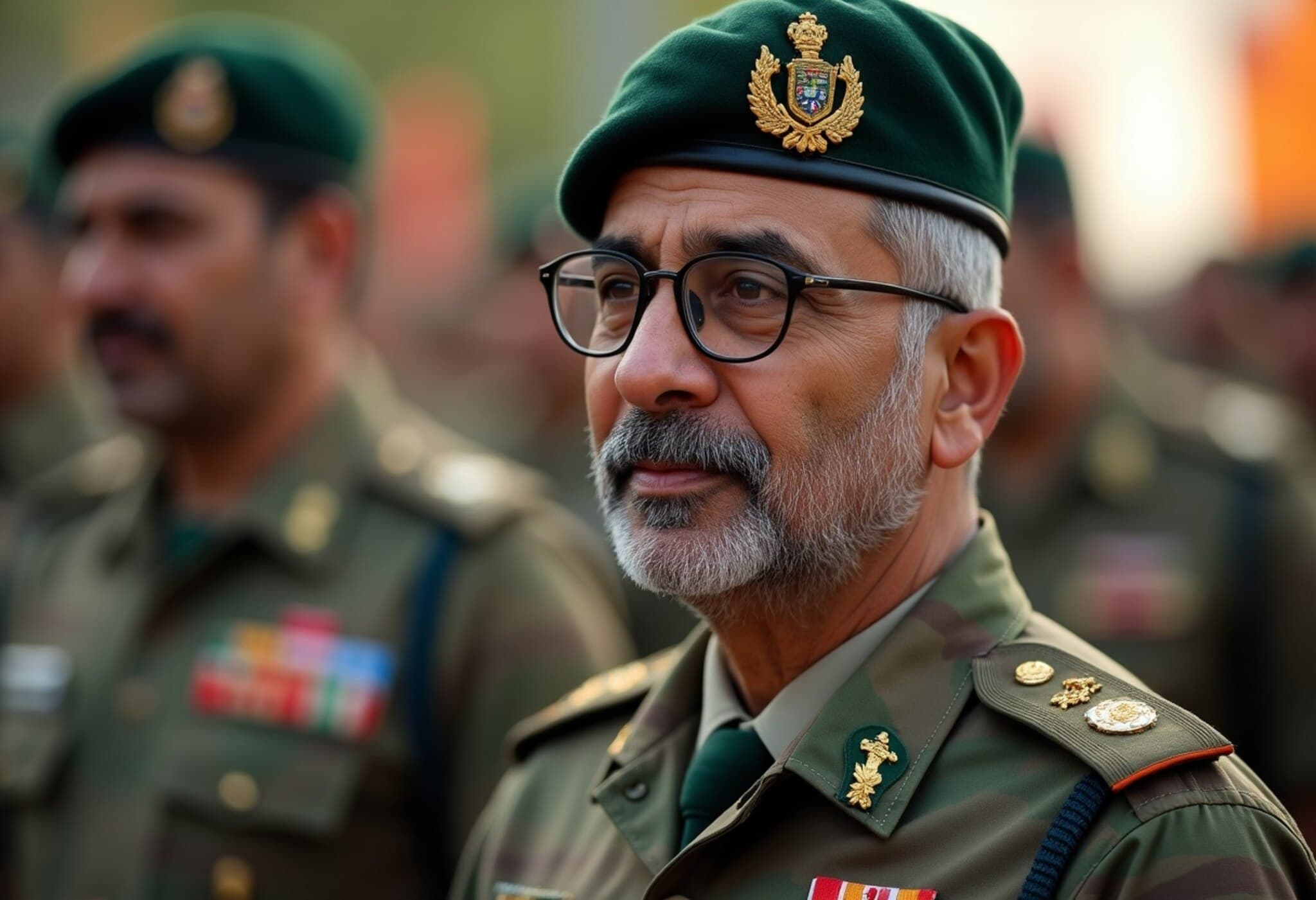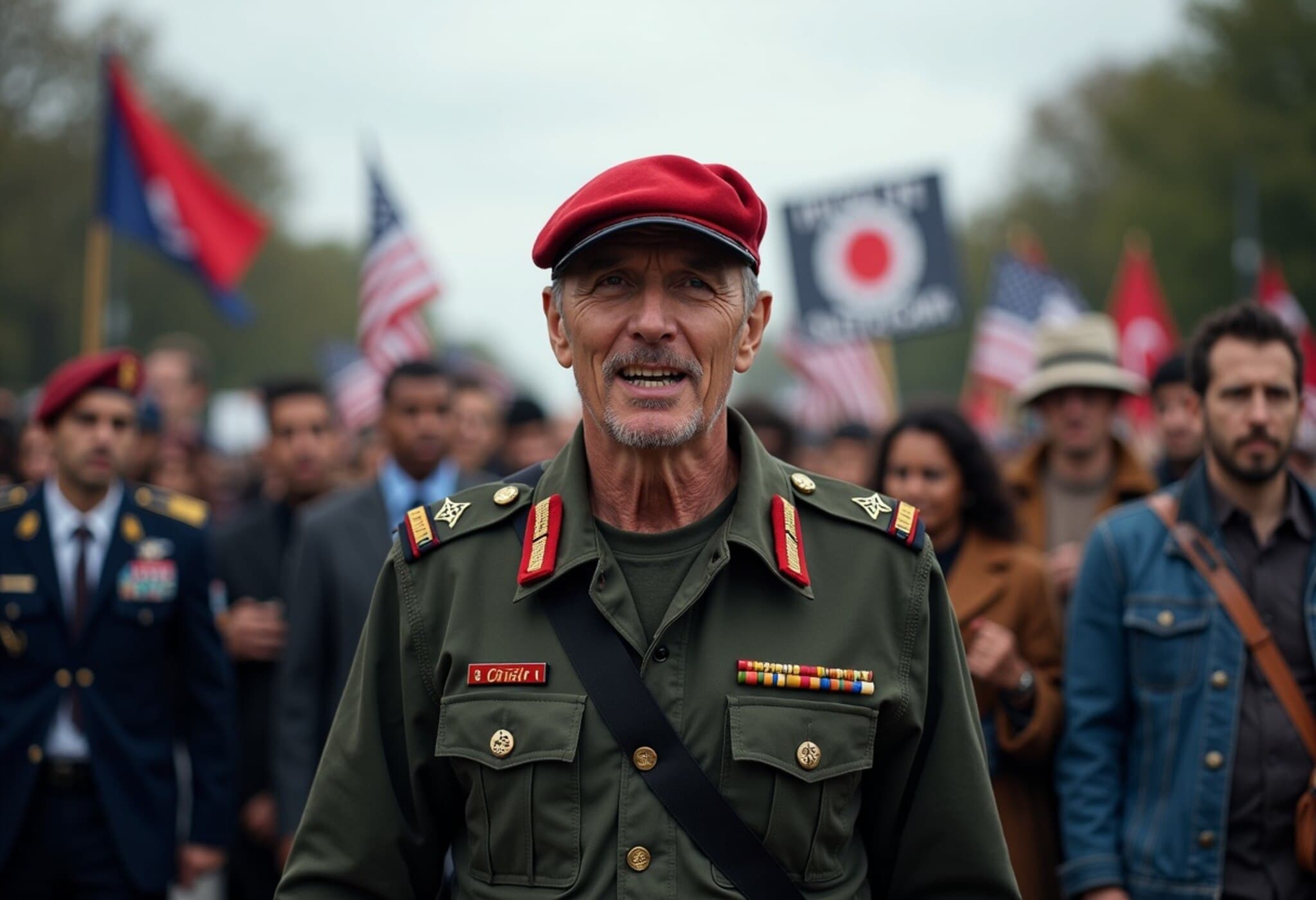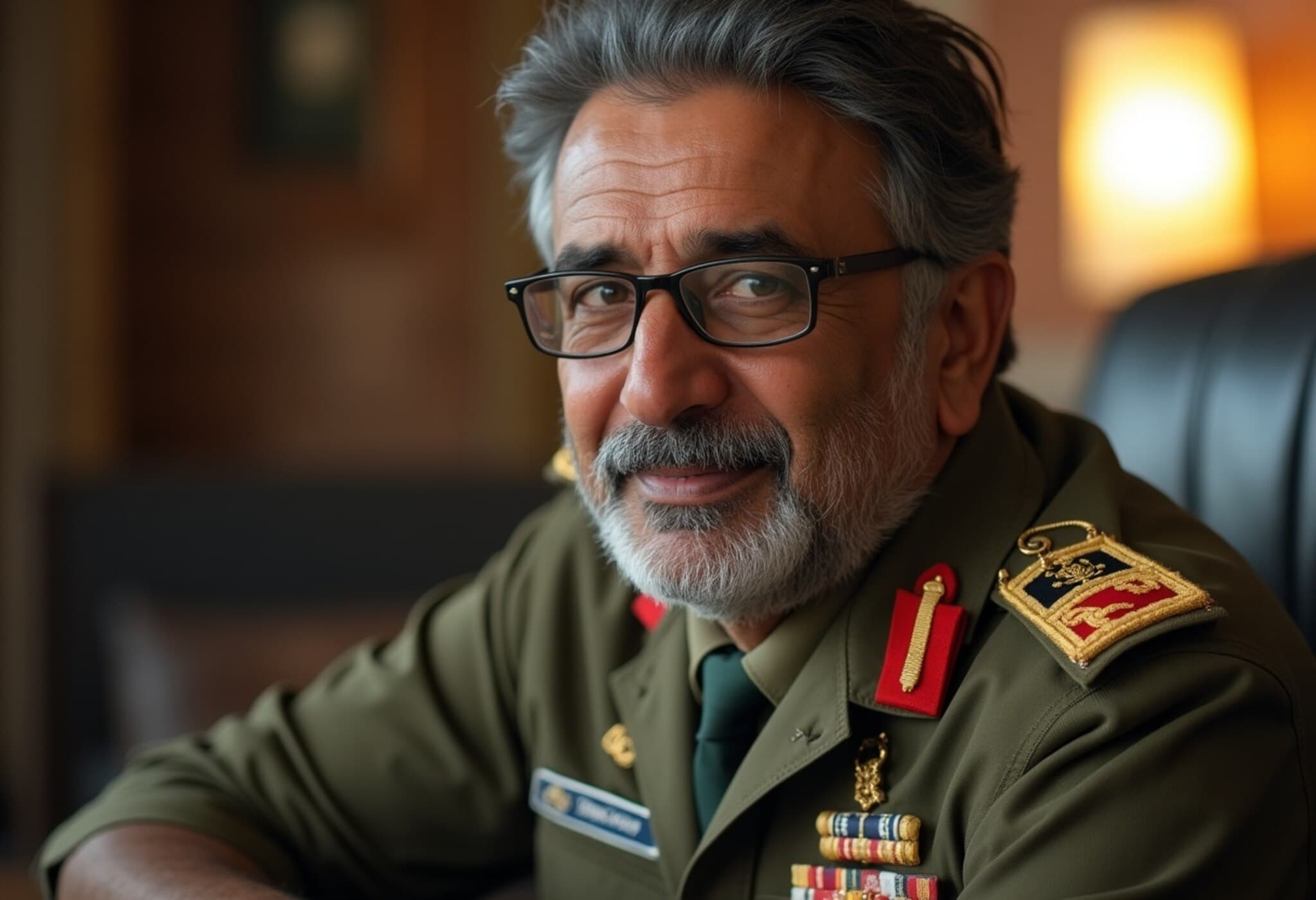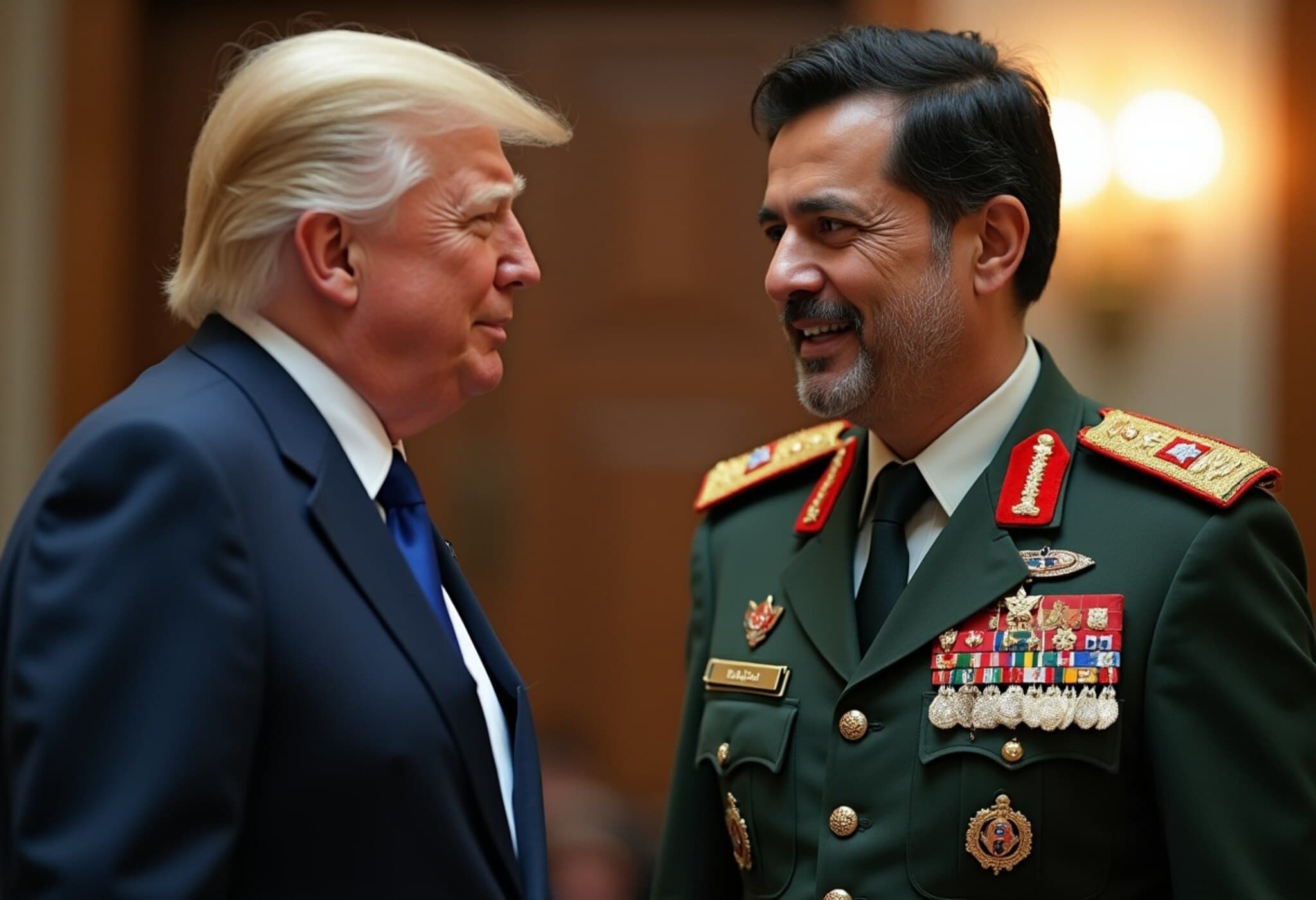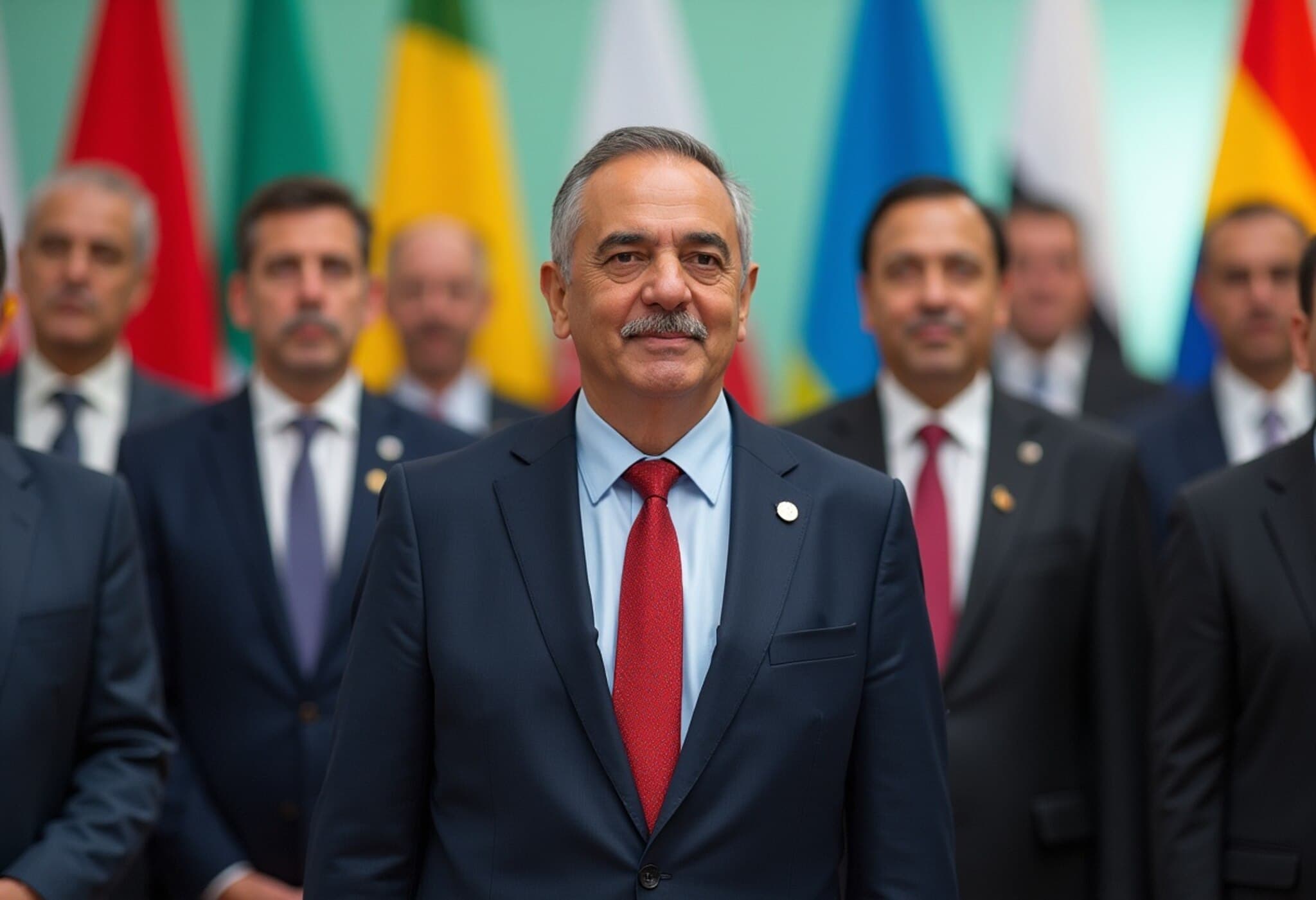Pakistan’s Political Crossroads: The Duel Between Imran Khan and Army Chief Asim Munir
In the intricate tapestry of Pakistan’s volatile political landscape, two figures have emerged as the central protagonists in a high-stakes power struggle that could reshape the nation’s future: Army Chief Field Marshal Asim Munir and the imprisoned former Prime Minister Imran Khan. Their contest reflects deeper tensions within Pakistan’s institutions, public sentiment, and international diplomacy.
Munir: The Institutional Powerbroker on the Global Stage
Field Marshal Asim Munir currently holds what many describe as an unprecedented grip over Pakistan’s key state apparatus. His influence extends deeply into the military, judicial, and parliamentary arenas—all critical pillars that have historically shaped Pakistan’s governance. Recently, Munir solidified his stature on the international stage, engaging in discreet but significant dialogues, such as his private meeting at the White House with former US President Donald Trump. Diplomats indicate that Pakistan’s internal stability and Imran Khan’s political fate were central to those discussions.
Munir’s diplomatic forays, including visits to Riyadh and Beijing, signal Pakistan’s strategy to position itself as a stabilizing force amid regional uncertainty. Yet, experts caution against reading too much into these global endorsements. Pakistan’s history is replete with military leaders who, despite enjoying international legitimacy, eventually crumbled under internal dissent—a reminder that foreign approval doesn’t guarantee domestic control.
Imran Khan: The Imprisoned Leader with a Digital Army
Meanwhile, Imran Khan remains Pakistan’s most formidable political force, despite being confined to Rawalpindi’s Adiala Jail. Khan’s enduring popularity is rooted not only in his past tenure as prime minister but in a relentless grassroots and diaspora-backed campaign that keeps his narrative alive.
In a bold move underscoring his undiminished influence, Khan has issued calls for nationwide protests following the Islamic month of Muharram. These calls come amid growing public frustration over rising inflation, perceived political repression, and what many view as systematic exclusion of the popular mandate from the February 2024 general elections. His supporters argue that recent judicial decisions—such as the Supreme Court’s awarding of the Pakistan Tehreek-e-Insaf’s (PTI) reserved parliamentary seats to the ruling coalition—amount to “political elimination through judicial procedure.”
Khan’s extensive use of social media platforms like YouTube, Telegram, and X (formerly Twitter) has forged a vibrant digital frontline that transcends national borders. The PTI’s diaspora, especially communities in the UK, North America, and the Gulf, remain a vital component of his sustained political movement, acting as both vocal advocates and campaign organizers abroad.
The Domestic Implications: A Nation on Edge
The clash between Munir and Khan is more than a personal rivalry; it encapsulates a broader institutional crisis. The civilian government under Prime Minister Anwaar-ul-Haq Kakar exists largely without independent authority, caught between military dominance and popular unrest. With widespread economic challenges fueling public discontent, the nation teeters on the brink of significant upheaval.
Experts warn that while Munir’s consolidated control might appear to project stability, this calm is precarious. History suggests that Pakistan’s military rulers’ legitimacy waned when citizen grievances outweighed institutional control. Khan’s post-Muharram agitation signals a potential flashpoint, where suppressed frustration could overflow, challenging the system’s resilience.
Key Questions Moving Forward
- Can the military’s increasing intervention in civilian affairs sustain Pakistan’s fragile democracy?
- What role will the Pakistani diaspora continue to play in influencing domestic politics?
- How might international actors balance their engagement with Pakistan amid these unresolved tensions?
- Will Khan’s calls for protest lead to meaningful change or further political instability?
Looking Ahead: A Crucible Moment for Pakistan
At this junction, Pakistan confronts an existential question: will institutional dominance eclipse the public’s voice, or can the grassroots movements, led remotely by an imprisoned leader, redefine the political landscape? The battle between Field Marshal Munir, wielding state machinery, and Imran Khan, commanding popular allegiance even from behind bars, will be decisive in shaping the country’s trajectory in 2025 and beyond.
Editor’s Note:
This power struggle between Munir and Khan is emblematic of Pakistan’s deeper challenges—balancing military influence with democratic aspirations amid economic hardship. As the nation braces for potential unrest following Muharram, observers must watch how legal maneuvers and digital activism interplay in this complex chess game. The unfolding scenario raises critical questions about governance, legitimacy, and the power of mass movements in modern Pakistan.

